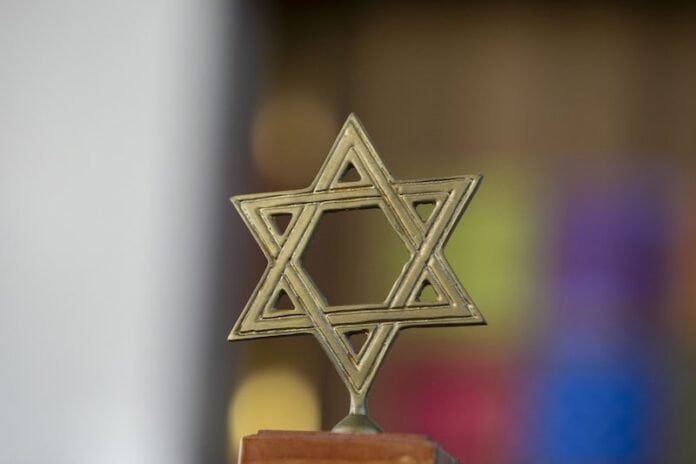When I stepped foot into the JCC for the first time, I wasn’t expecting to see a bag of Sour Patch Kids.
At the ripe age of eight, I eagerly decided to spend my summer at an arts and theater camp. I was in love with everything it had to offer: classes that ranged from jazz to decoupage to improv, and kids who were just as motivated as I was. In the midst of my excitement, I overlooked one seemingly trivial detail: it just so happened to take place at a JCC.
I was looking forward to painting and making new friends; what I definitely was not expecting was the amount of religious confusion I felt as a Modern Orthodox girl. Even though the camp provided kosher lunch for everyone, I still struggled to explain why I had to refuse a non-kosher Sour Patch Kid gummy from a friend. I had been thrust from my sheltered world of a Modern Orthodox yeshiva into this place where being Jewish didn’t equal going to a Jewish school or keeping kosher. I couldn’t make sense of it then, and I was struck by this familiar feeling when I watched Barbie seven years later.
When I saw Barbie in theaters, I had a bucket of kosher popcorn in my hands and an interview from director Greta Gerwig swirling in my head—an interview in which Gerwig said that she wanted viewers to “feel like [she] did at Shabbat dinner” when they watched the movie. Picturing my own Shabbat dinner, I thought about the comforting scent of bakery challah wafting through the air. Without realizing, I had made an assumption about how I thought Barbie would look, exclusively taking my own Shabbat experience into account. I couldn’t wait to see how Gerwig would incorporate Jewishness into a blockbuster. Yet, as the movie went on… that didn’t happen.
I felt cheated. Barbie seemed so glaringly Jewish to me. After all, her creator, Ruth Handler, was raised Jewish and is recognized in the Jewish world as an inspiring symbol. Jewishness was a part of Barbie’s story, yet any mention of Jewish roots remained absent from the movie. Just like when I had attended my nontraditional Jewish summer camp, I had set these expectations of how I thought Judaism would and “should” be presented, and I was once again taken aback when reality didn’t hold up to my expectations. I had grown up a lot since I was eight, but these same notions hadn’t left the back of my mind.
I was finally able to acknowledge this limited mindset when I saw Are You There God? It’s Me, Margaret. The movie exposed me to a different type of religious conflict than I had ever encountered—whether Margaret is connected to a religion at all. Throughout the movie, Margaret feels tremendous pressure to choose, to instantly connect with either her mother’s Christianity or her father’s Judaism. When Margaret attends synagogue with her Jewish grandmother, she feels detached because she doesn’t understand the service. She is jealous of how the people around her seem so confident and sure of their beliefs, because it feels impossibly hard to figure out how religion resonates with her.
It suddenly seemed so obvious to me: even though Margaret doesn’t fit in with the people in her grandmother’s synagogue, it doesn’t mean she can’t still identify with Judaism, or any religion. Her connection doesn’t have to be based in ritual, and it doesn’t have to be like anyone else’s. For Margaret, it turns out the answer has been there all along: her talks with God are her method of identifying with religion.
When you put Gerwig’s quote about Shabbat in that context, it makes sense why Barbie didn’t seem Jewish to me. Gerwig wasn’t referring to something tangibly Jewish; she was referencing the warmth she remembered from attending friends’ Shabbat dinners. The fact that Gerwig wasn’t raised Jewish only adds to this idea that anyone can connect to Judaism in their own way. That experience—and the feeling that she carried with her from these meals—became her connection to Judaism.
The truth is, the spectrum of people who identify with Judaism is simply too wide for anyone to be able to sum it up; it’s impossible to capture the Jewish experience because there isn’t one Jewish experience. Even if Barbie had included all of the Jewish themes I was hoping for, or more of the kids at my summer camp had kept kosher, I know that I still wouldn’t have felt completely represented. Instead of being dissatisfied with that, I think it’s essential to find the beauty in our individuality. Years after my camp experience, I am finally able to view it as a Jewish experience—because it made me grateful to belong to a religion anyone can make uniquely their own.
Join the conversation!





